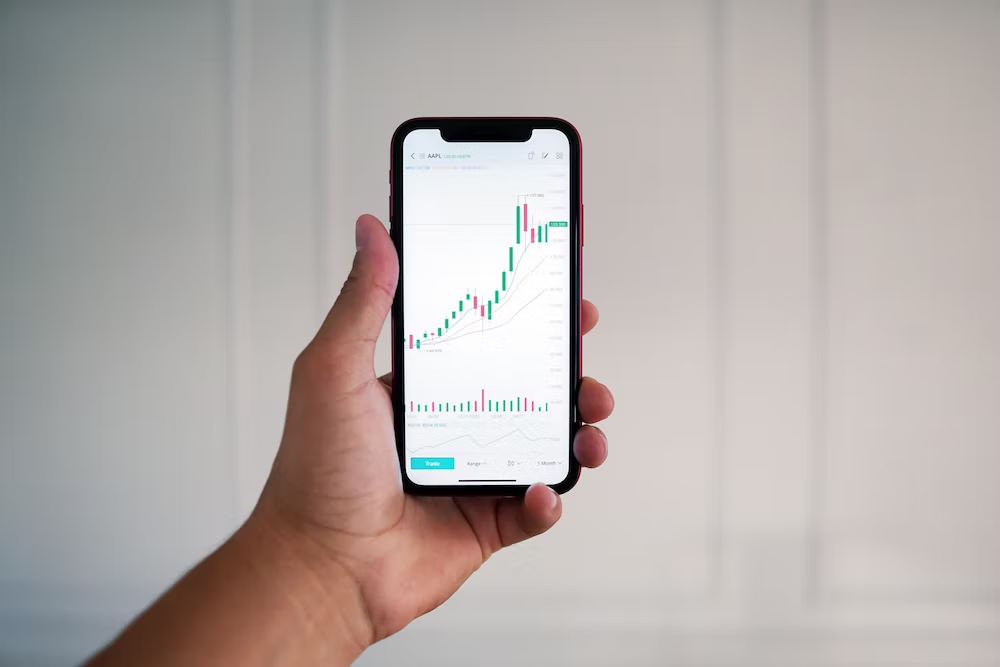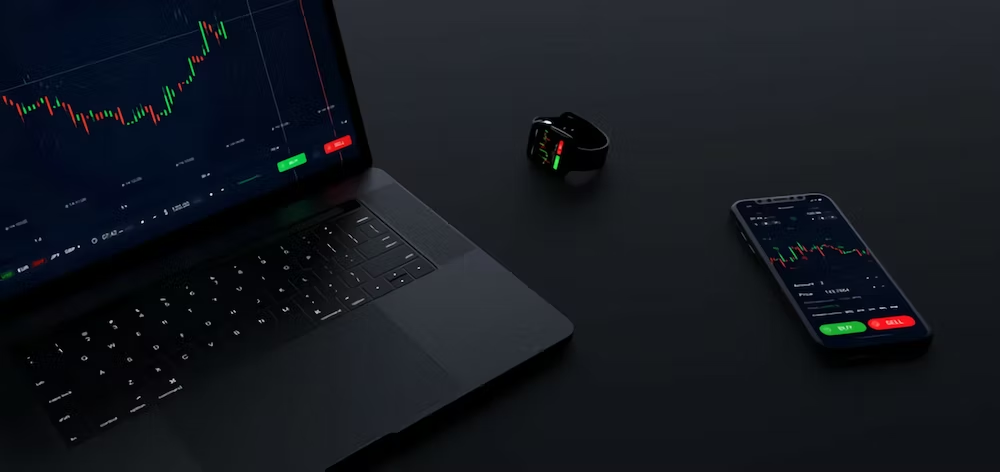Summer might seem like the ideal time for most activities. Are you planning to go rafting? What about a pleasant hike? Unless you live in the South, summer it is.
Unfortunately, the same sentiment doesn’t extend to trading in financial markets. Ask any trader you know, and the consensus is that summertime is more challenging to trade in financial markets.
This concept might seem asinine to many. After all, what role could seasons play in affecting the stock market?
However, the reality is whether you’re trading stocks or options, summers aren’t your friend. If you’re wondering, this phenomenon isn’t exclusive to the United States either. Analysts have observed a similar pattern in numerous countries where financial markets don’t perform as well during the summer season. As a result, most experts and analysts agree that the optimal time to trade is between November and April because these six months outperform the May to October period.
Another study evaluating three centuries of financial market data in the United Kingdom has corroborated these findings by coming to the same conclusion.
Why Do Financial Markets Perform Poorly in the Summer?
Financial markets, especially stock markets, generally have lower volumes during the summer months, meaning lower volatility. Most savvy traders already know that trading volumes decline during these periods. As a result, they’ll close positions in May and return once summer is over. The result is that fewer traders operate in financial markets during the summer season.
In addition, it’s also worth noting that prominent market players are usually more optimistic and resilient during the start and end of the year. It’s also when the market yields higher returns. Most stock markets post about two percent average returns during the summer. Meanwhile, they generate nearly seven percent returns in the winter season. Retail and individual traders aren’t unaware of this. As a result, they wait until winter begins to enter the market.
You must be more mindful of your trading endeavors since financial markets don’t have the same returns during the summer.

How to Trade During the Summers
It’s important to remember that while summers might have less trading activity and volatility than winters, it doesn’t mean that price action analysis and technical analysis become irrelevant. Whether a day trader or a swing trader, you’ll still want to use the right option trading strategies to profit. While it’s true that financial markets yield fewer returns in the summer, it doesn’t mean you can’t profit as an individual active trader.
You’ll want to ensure you use technical indicators like momentum oscillators, moving averages, or the Relative Strength Index (RSI) based on your trading strategy. In addition, trading chart patterns are also crucial for assessing market movements.
In addition, here are some other things you’ll want to do to ensure successful trading. They include:
Trade a Single Strategy
Sticking to one trading strategy during the summer months is important because it’ll prevent you from getting distracted looking for other setups. It’s best to stick with a strategy you’ve already back-tested using historical summertime market data because you know it works.
Don’t Open More Than One Trade at a Time
You’ll want to remember that the summer months have fewer traders, which means lower trading activity and volatility. As a result, you don’t want to open multiple trades because your average holding time will increase. Accommodating to the summer months by opening only one trade at a time might seem counterintuitive. However, you must go with the flow. Fewer traders mean fewer trades. Even if you’re a day trader, you’ll likely open and close fewer positions than you would in the winter months.
Stop Trading after 11:30 AM
Some trends become more noticeable during the slower summer season. For instance, trading activity peaks in the first two hours after the opening bell in the stock market. Traders especially enjoy trading small-cap and lower-priced stocks. However, trading momentum significantly declines after 11:30 AM. You’ll want to reassess your strategy and review your trades before continuing.
Avoid the Pre-Market Session
Pre-market sessions in the summer months usually have poor liquidity, which causes wider spreads and poor fills because of slippage. Therefore, refrain from participating in trades during the pre-market session. Instead, use this time to prepare for the trading activity after the bell.

Things to Carefully Watch in the Summer Months
Here are some things you must keep an eye on during the summer months because they can be huge catalysts in the financial markets. They include:
Company Earnings
Publicly listed companies are legally obligated to share their financial statements within 45 days of each quarter elapsing. In addition, they must also share annual financial statements 90 days after the year closes. Company earnings can significantly affect market activity. For instance, traders might have expected one company to report an extremely positive quarter. However, the released quarterly statements show an underperforming quarter compared to expectations. Such instances can cause the company’s stock price to dip.
Management Changes
Stocks can also witness significant volatility when management changes are announced. For instance, a company might release a press statement about an under performing CEO leaving, which could cause the stock’s price to rise.
Mergers and Acquisitions
News about mergers and acquisitions also affects financial markets, especially stock markets. You’ll want to ensure you stay on top of such developments because they’ll cause volatility.
Social Media
Traders must also be wary of social media. A prominent example is when Reddit users banded together to propel GameStop’s stock to record highs.

Get Started with Trading Alphas
If you’re a beginner to options trading, you’ll need the right guidance to help you devise the best swing and day trading strategies. That’s where Trading Alphas can help. The platform has a diverse options trading community with over 1000 members who have made over $25 million in profits. Consider checking out their website for more information. You can also contact them to learn more or sign up as a member today.
About The Author
John Gacy is a long-time stock and options trading enthusiast. In addition, he has also dabbled in forex and crypto trading. He graduated with an MBA degree from the University of Miami before becoming a stockbroker on Wall Street. Gacy enjoys hiking, power-walking, and swimming. He has a deathly fear of clowns.


